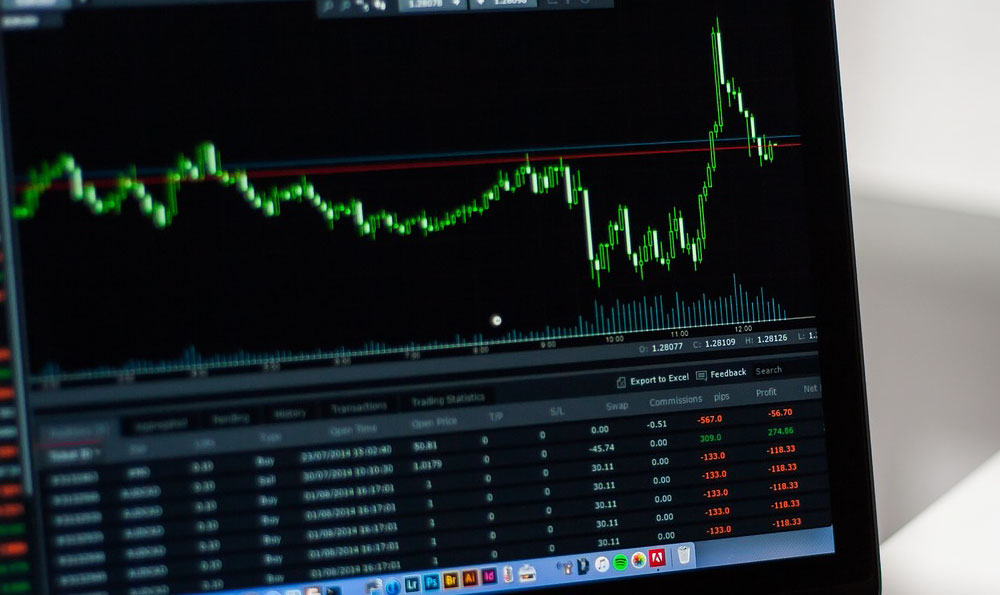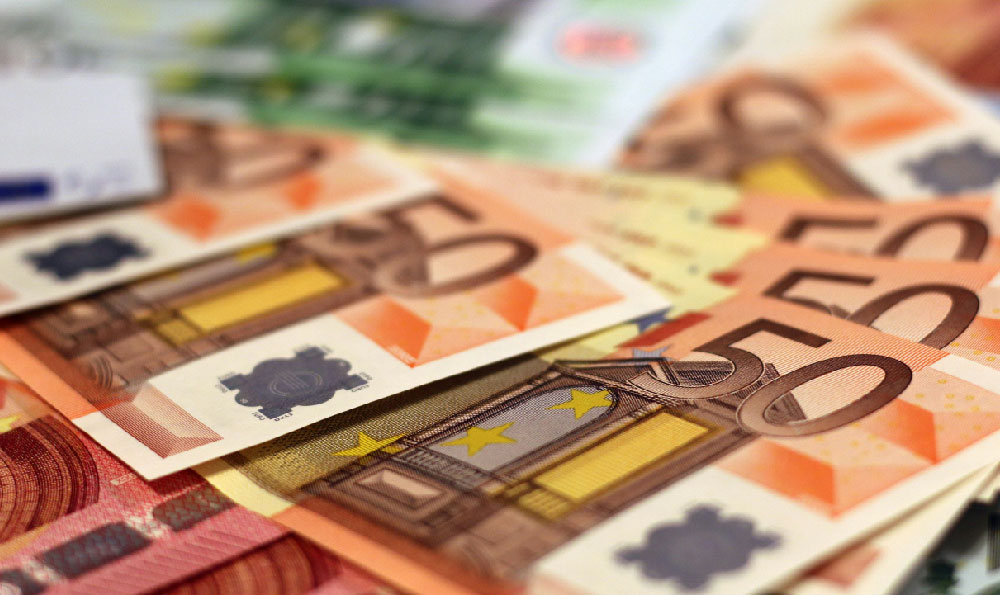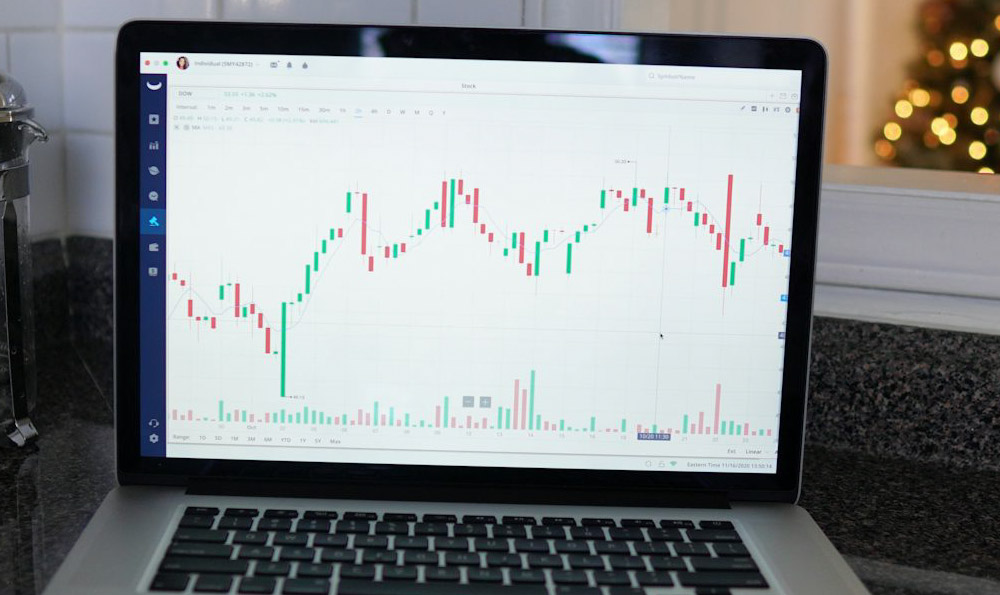Gate.io, a prominent cryptocurrency exchange, mandates Know Your Customer (KYC) verification for most users. This is in line with global regulatory trends aimed at combating money laundering and terrorist financing. Understanding the geographical reach of Gate.io's KYC program is crucial for users worldwide. While Gate.io strives for broad accessibility, regulatory complexities and legal restrictions impact its KYC availability in different countries.
Understanding KYC and Its Importance
Before delving into the specifics, let's clarify the purpose of KYC. Know Your Customer procedures are a critical component of Anti-Money Laundering (AML) regulations. These procedures require financial institutions, including cryptocurrency exchanges like Gate.io, to verify the identity of their customers. This involves collecting personal information, such as a government-issued ID, proof of address, and sometimes a photograph or video confirmation.

KYC helps prevent illegal activities by making it harder for criminals to use the exchange anonymously. It also protects users by enhancing account security and enabling the recovery of lost funds.
Gate.io's Global Reach and KYC Availability
Gate.io offers its services to a wide global audience, but its KYC program is not universally available. The exchange must comply with the specific laws and regulations of each country it operates in. This means that the KYC requirements and the availability of Gate.io's services can vary significantly from one jurisdiction to another.
Generally, Gate.io provides KYC services to a vast majority of countries. This includes most countries in Europe, North America, South America, Asia, and Oceania. However, certain jurisdictions are excluded due to regulatory restrictions or other legal limitations.
Countries with Restricted KYC Access
It's crucial to identify the countries where Gate.io's KYC is restricted. This information is subject to change as regulations evolve, so users should always consult Gate.io's official website or support channels for the most up-to-date information.
Historically, countries with stringent regulatory frameworks regarding cryptocurrencies, or those subject to international sanctions, have been more likely to have restricted access to Gate.io's KYC. This may include countries where cryptocurrency trading is explicitly prohibited or heavily regulated. It is difficult to list every country that is not supported, and changes occur often. Therefore, the user MUST consult the official Gate.io website for any changes.
How to Check KYC Availability in Your Country
The most reliable way to determine if Gate.io KYC is available in your country is to visit the Gate.io website. When creating an account or attempting to complete the KYC verification process, the platform will typically present a list of supported countries. If your country is not on the list, it indicates that KYC verification, and consequently, full access to Gate.io's services, may not be available to you.
Alternatively, you can contact Gate.io's customer support team directly. They can provide personalized information based on your location and address any specific concerns you may have.
KYC Tiers and Verification Requirements
Gate.io typically offers different KYC tiers, each with varying levels of access to the platform's features and trading limits. The specific requirements for each tier can differ depending on your country of residence. Generally, the higher the tier, the more personal information you will need to provide.
The basic KYC tier usually requires submitting your full name, date of birth, and address. Higher tiers may require a copy of your government-issued ID (passport, driver's license, or national ID card), proof of address (utility bill or bank statement), and potentially a selfie or video confirmation.
The Importance of Accurate Information
It is crucial to provide accurate and truthful information during the KYC process. Any discrepancies or false information can lead to delays in verification or even rejection of your application. This can restrict your access to Gate.io's services and potentially result in the freezing of your account.
Alternative Exchanges and Regional Restrictions
If Gate.io's KYC is not available in your country, consider exploring alternative cryptocurrency exchanges that operate in your region. Many exchanges cater to specific geographic areas and may have different regulatory requirements. Research and compare different exchanges to find one that meets your needs and complies with local regulations.
It is important to exercise caution when using exchanges that are not subject to KYC requirements. While they may offer greater anonymity, they also carry a higher risk of being involved in illicit activities.
Staying Informed About Regulatory Changes
The regulatory landscape surrounding cryptocurrencies is constantly evolving. New laws and regulations are being introduced regularly, which can impact the availability of services like KYC. Stay informed about these changes by following industry news, consulting legal professionals, and monitoring updates from Gate.io and other cryptocurrency exchanges.
By staying informed, you can adapt to changes in the regulatory environment and ensure that you are always compliant with the applicable laws and regulations in your jurisdiction. This will help you protect your assets and avoid potential legal issues.
Conclusion
Gate.io's KYC availability varies from country to country due to regulatory differences. Before using the platform, verify if KYC is supported in your region by checking the Gate.io website or contacting customer support. Always provide accurate information during the KYC process and stay informed about regulatory changes. If Gate.io's KYC is not available in your country, explore alternative exchanges that operate in your region. Remember to prioritize security and compliance when choosing a cryptocurrency exchange.












